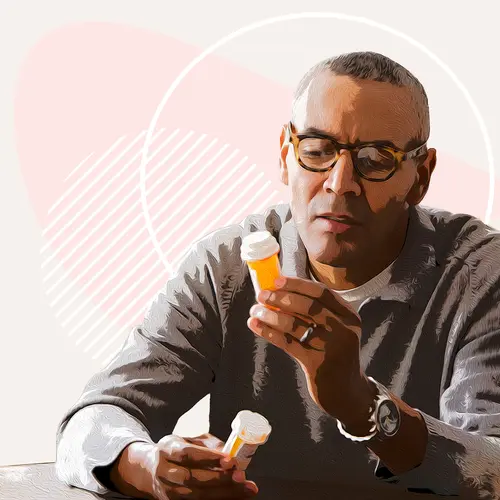Your appetite can change from day to day. But you need food to nourish your body. If you feel little or no urge to eat for days at a time, you should find out why. Lack of appetite could be a sign of a serious illness.
Many things can affect your appetite.
Are you stressed?
When you're anxious, your body responds. Anxiety triggers emotional and psychological changes in your body to help you deal with the pressure. These changes often affect the stomach and digestive tract and can make you lose your appetite. If stress is the reason, your hunger usually returns once you're feeling more relaxed.
Could you have a stomach bug?
Also known as gastroenteritis, this illness often comes with vomiting and diarrhea. Both of these can cause chemical changes in the stomach. Colds and flu can cause the same symptoms. The changes can make you not want to eat. In most cases, the yucky feelings go away in a couple of days. If you find you still aren't hungry, call your doctor. You could have a serious infection or virus that needs to be treated.
Could it be your medication?
Certain drugs such as antibiotics, ADHD medications, and painkillers such as codeine or morphine, can curb your appetite. They slow certain sensors in the stomach. If you think your medication may be affecting your appetite, don't stop taking it until you talk to your doctor.
Could you be pregnant?
You would think having another human onboard would make you hungrier. But it can be the opposite for some pregnant women. Carrying a baby causes all sorts of hormonal changes. In your first trimester, your appetite may drop because of nausea or morning sickness. In your third trimester, you may feel less hungry because the pressure on your abdomen from the growing baby leaves little room for food.
Are you getting older?
As you age, your body changes. Your senses aren't as sharp, and that includes the senses of taste and smell. Many older folks find food no longer tastes good. Others may feel full after just a few bites. As you get older, you're also more likely to take medication, be sick more often, have dental problems, or feel depressed. All of these can change your desire to eat.
Could it be diabetes?
If you have diabetes, you can develop a complication called gastroparesis. This disorder affects people with both type 1 and type 2 diabetes. It causes the stomach to take too long to empty its contents. That's because diabetes can damage the nerves in the intestine that move food through your digestive system. The slowdown can make you feel full even when you aren't.
Could it be cancer?
Cancer and cancer treatments often make people feel less hungry.
Cancer can lead to inflammation and metabolic imbalances, which change how foods taste. Many times, flavors become too unpleasant to eat.
Chemotherapy, radiation, immunotherapy, and other cancer treatments can cause side effects like nausea, mouth sores, difficulty swallowing, dry mouth, taste changes, and constipation. All of those can lead to a loss of desire to eat.
Did you have a head injury?
If you've had a concussion, you may lose your appetite afterward. Post-concussion syndrome (PCS) is a collection of symptoms that can last for several weeks or months. One of them is changes in taste and smell. That can lead to loss of appetite. Talk to your doctor about this.
